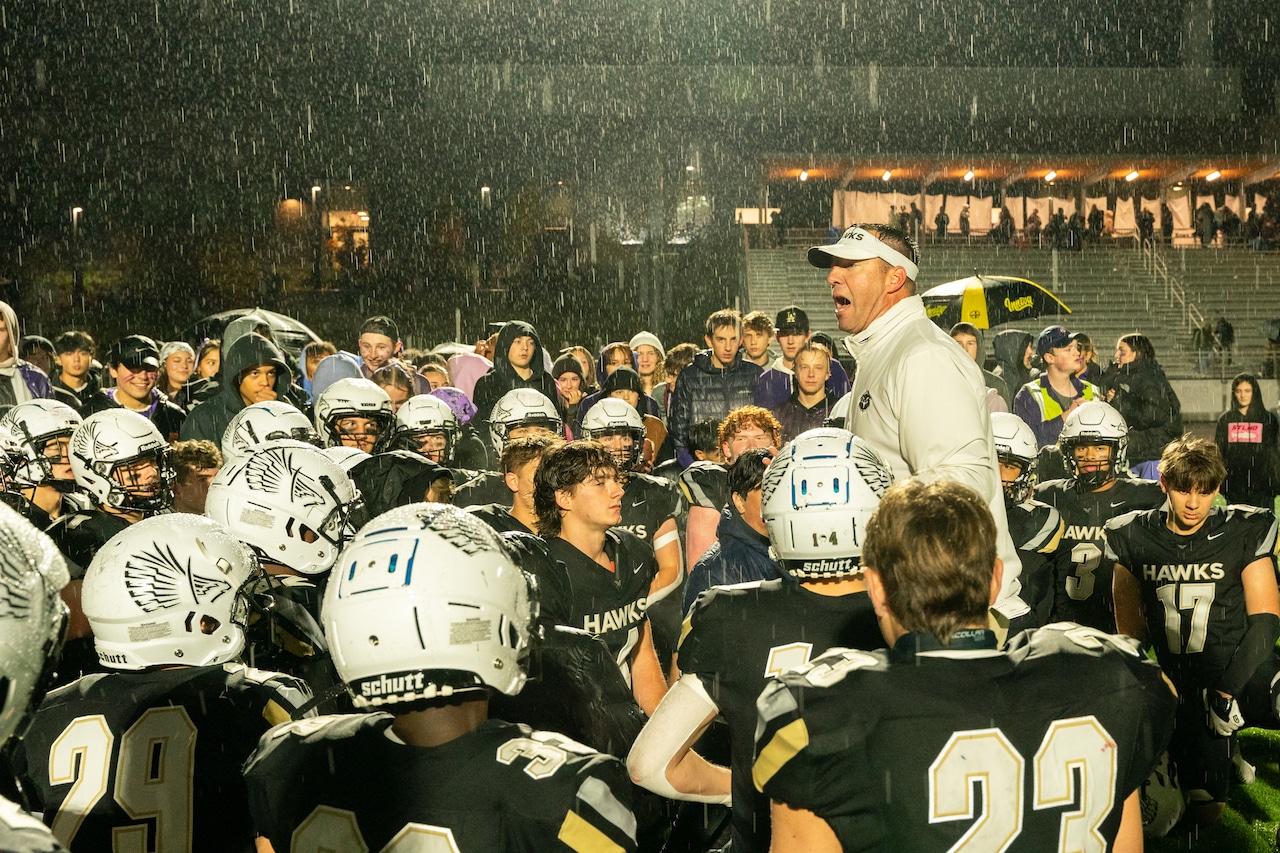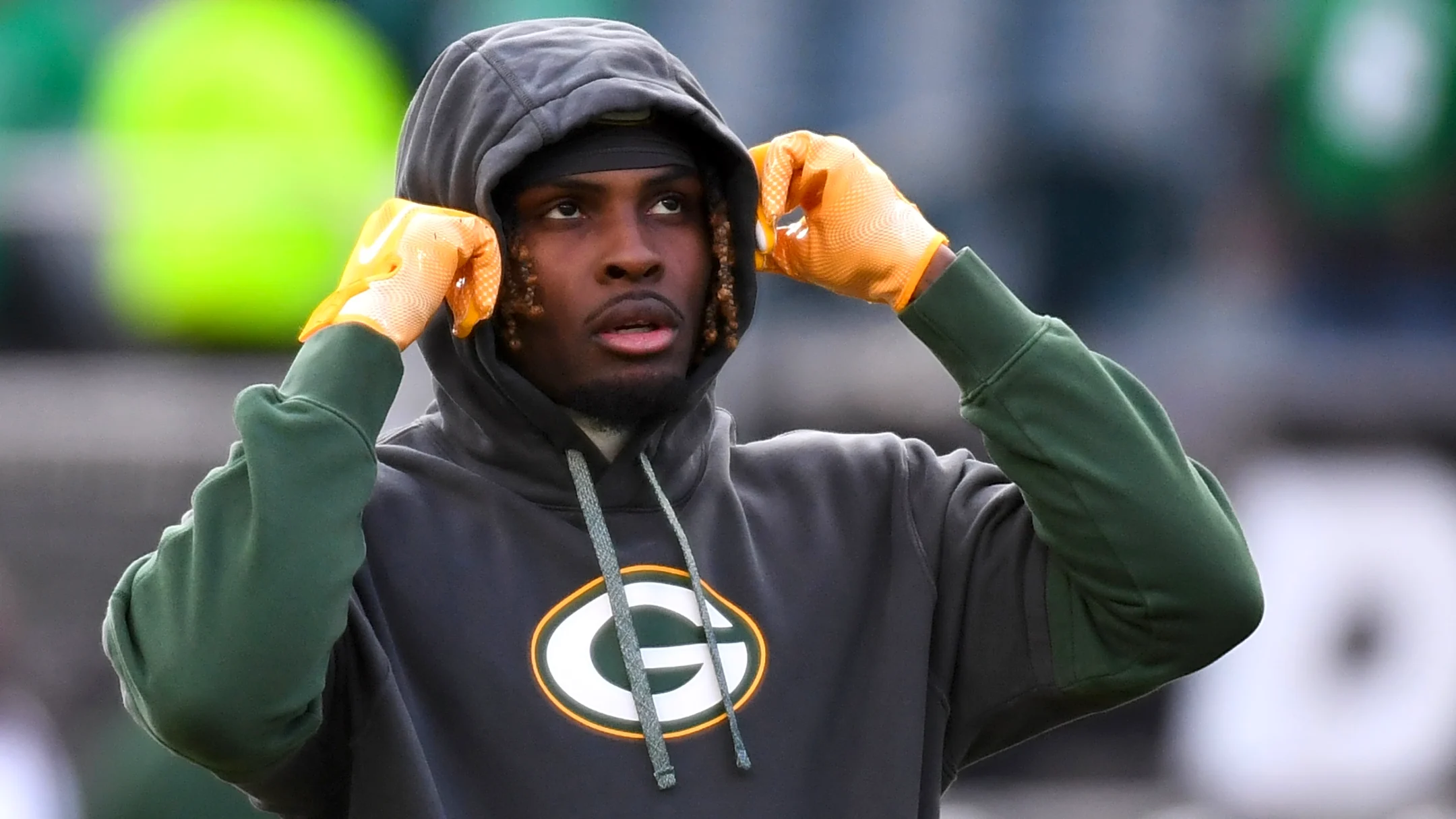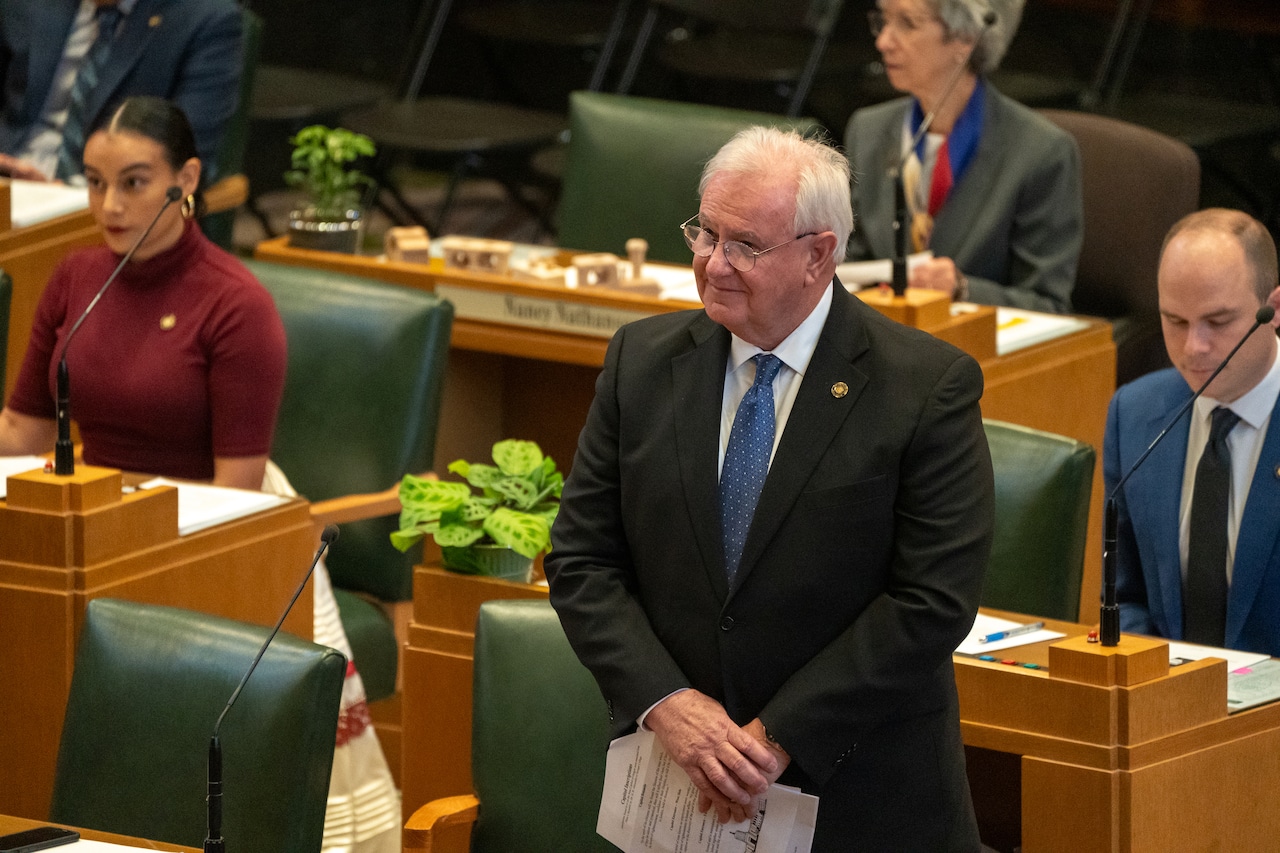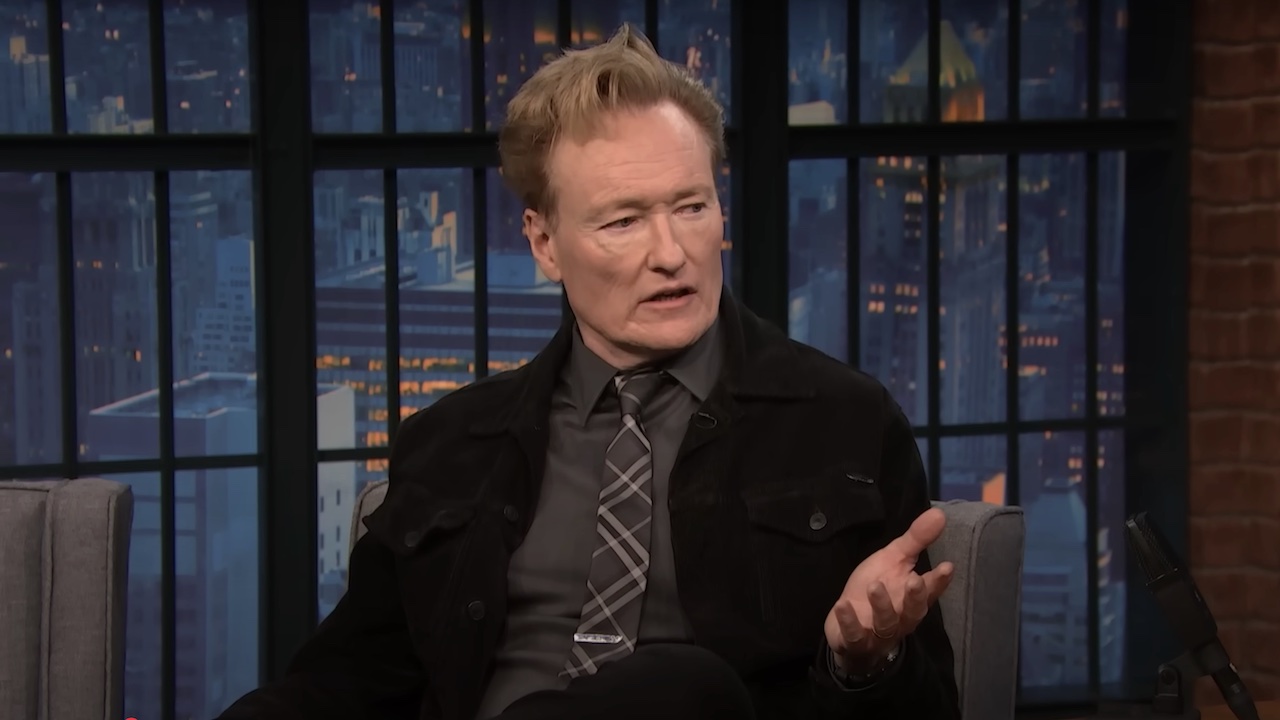Pointing finger at ‘Trump’s disastrous policies,’ Pritzker directs state agencies to find 4% in budget cuts
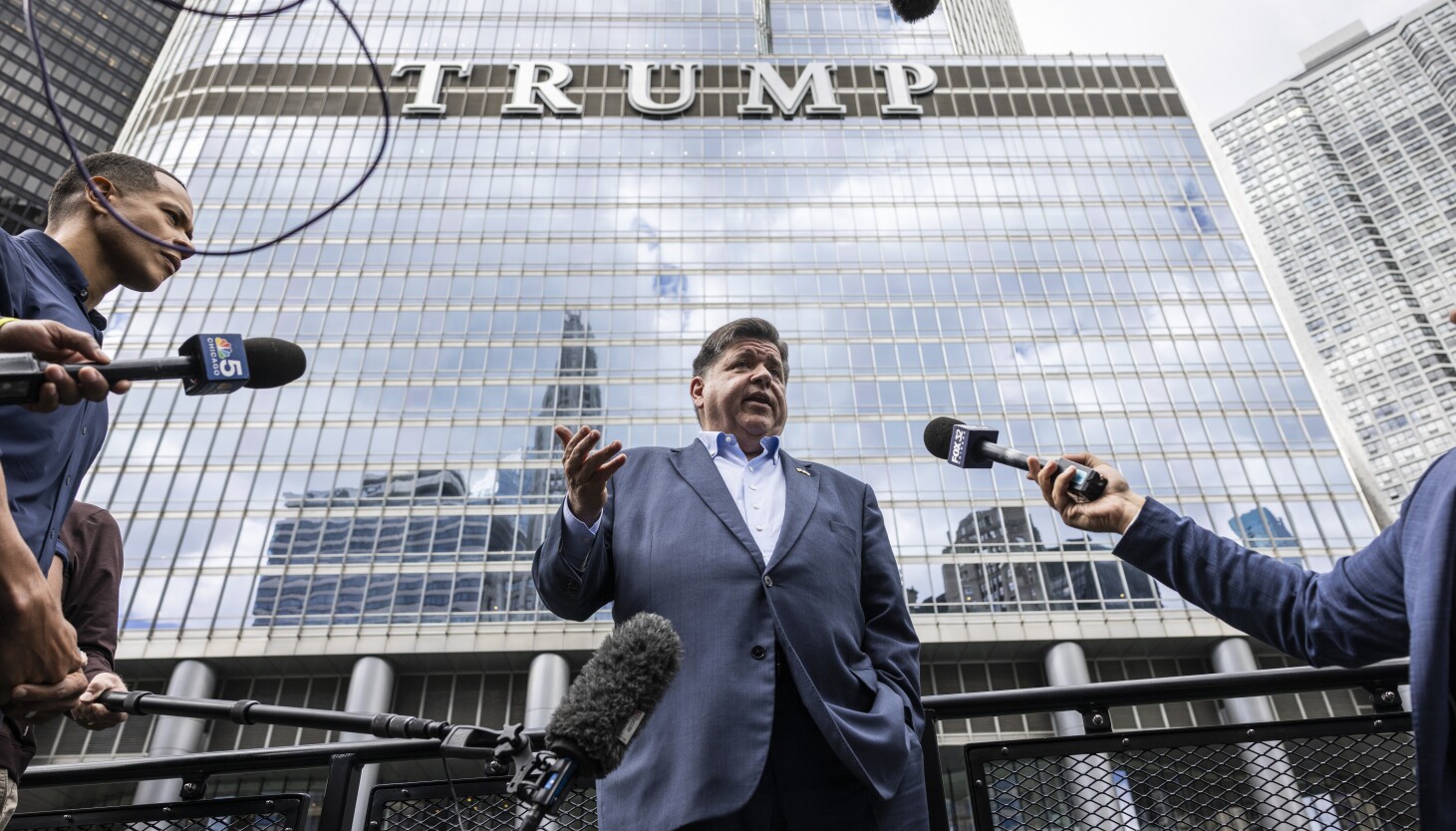
Blaming President Donald Trump’s “disastrous economic policies,” Gov. JB Pritzker on Tuesday signed an executive order that directs state agencies to identify 4% in cuts to use as reserves in next year’s budget.
The executive order asks state agencies to, within 30 days, review their spending plans to identify cuts, including a reduction in spending; reserving 4% of general funds appropriations; identifying budget lines to be reduced, including a legislative transfer or program changes; and pausing non-essential purchases and operational expenditures, eliminating travel that is not essential and reviewing all potential hires.
Pritzker says cuts are needed because of the fallout from Trump’s “One Big Beautiful Bill Act,” which included tax breaks for billionaires, cuts to the Supplemental Nutrition Assistance Program (SNAP) and anticipated reductions in federal Medicaid funding. All are huge hurdles the state will have to grapple with in next year’s budget.
“…The significant and negative healthcare changes caused by H.R. 1 will likely result in a loss of revenue to the State, as well as loss of medical coverage and jobs, especially in rural areas,” the order states.
“Illinois has built a strong economy and proven its fiscal responsibility, but Trump’s disastrous policies threaten to undo that progress,” Pritzker said in a statement. “Trump and Congressional Republicans sealed one of the largest wealth transfers in American history, stripping health care, food assistance, and other essential supports for working families to fund permanent tax breaks for the wealthy… I’m taking executive action to mitigate the impact of Trump’s economic policies on our state finances, maintain critical services, and preserve our economic stability.”
Responding to the executive order, Illinois Senate Republican Leader John Curran, R-Downers Grove, said Pritzker has increased state spending by 40% since taking office, “despite Illinois’ GDP significantly lagging behind national growth.”
“If he is serious about protecting Illinois’ fiscal solvency, he will start by making the difficult, and sometimes unpopular decisions needed to constrain state spending, reduce taxes and improve economic opportunity for all Illinoisans, regardless of who is president,” Curran said in a statement on Tuesday.
The $55.1 billion budget Pritzker signed into law in June was the largest in state history — and Republicans warned the spending plan would set the state up for a difficult path next year. It included $55.3 billion in anticipated revenue, including more than $700 million in new taxes.
It marked one of the toughest budget seasons of his tenure, with a series of “difficult decisions” that the governor said lawmakers were forced into amid federal funding uncertainty. Those decisions included some $400 million in cuts to state programs, with wholesale slashing of immigrant health care spending, while squeezing big corporations, online sportsbooks and nicotine users for more tax revenue.
“The Trump slump is affecting the entire nation,” Pritzker said in June. “You’re seeing red states and blue states across the country struggle this year, forced to grapple with lagging national economic growth estimates due to high tariffs and bad policy choices in Washington.”
Pritzker has responded to Trump administration actions with lawsuits, executive orders and by speaking out against them. Earlier this month, the governor signed an executive order that aims to protect COVID-19 vaccine access in Illinois amid increased barriers to the shots nationwide under federal Health and Human Services Secretary Robert F. Kennedy Jr.
Pritzker’s order established a Statewide Vaccine Access Initiative and directed Illinois Public Health Director Sameer Vohra to authorize pharmacies and other providers to administer the vaccines that have been proven to prevent severe cases. The order also included other routine vaccinations like flu, RSV, polio and measles.
The governor in July signed an executive order directing state agencies to evaluate the economic impact Illinois could face under the latest rounds of sweeping tariffs. Pritzker’s order called for the Illinois Department of Commerce and Economic Opportunity and the state Department of Employment Security to figure out which industries and regions of the state were most vulnerable to trade disruptions.
